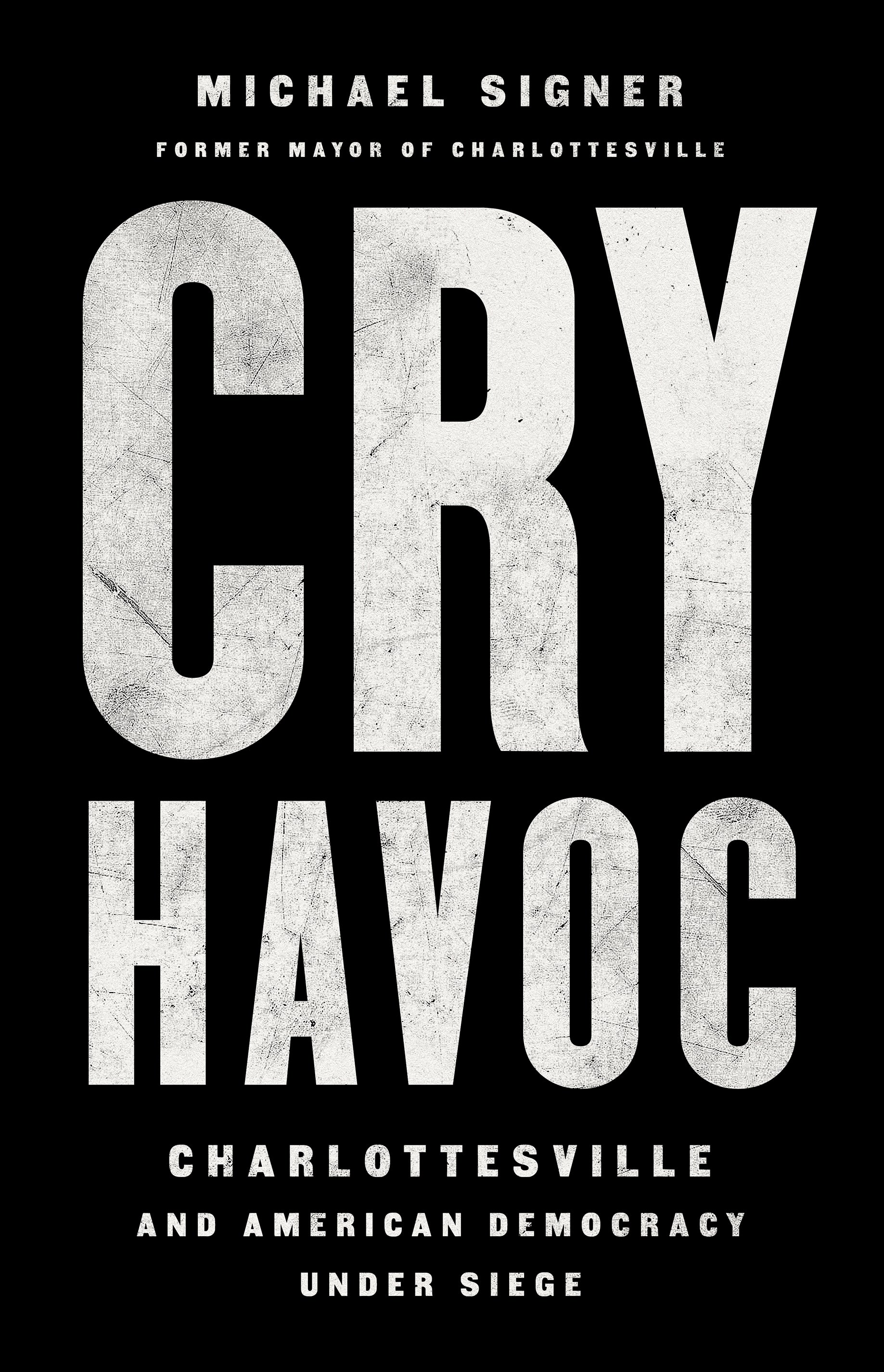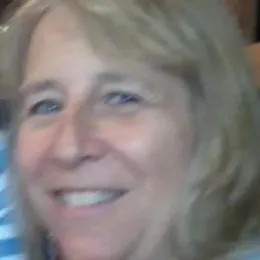Stephanie Kenner / Shutterstock.com
Is managing mayhem part of your job? Many lessons in life are pertinent to what a general counsel needs to know, beyond the law, to be a step ahead of the needs of the organization — be it one-on-one communicating, reading people, or dealing with stress — but managing a crisis in which a political rally ended in a death? And then, working to bring a sense of peace, or a feeling of calm and comfort to your community and workplace? That’s not something many general counsels can claim to have experienced.
Many lessons in life are pertinent to what a general counsel needs to know, beyond the law,
to be a step ahead of the needs of the organization ...
but managing a crisis in which a political rally ended in death?
For GC and former Charlottesville, VA, US, mayor Michael Signer, when protesters and counter-protesters clashed in his town of 46,500 over the potential removal of a Confederate statue, resulting in the subsequent murder of a protester, he found himself “essentially powerless” because, as he describes it, Charlottesville is run by a council-manager system in which the police and other city staff do not report to the mayor. Though the system tied his hands in many ways as it related to how the City Council planned to deal with what’s been named the “Unite the Right Rally,” Signer says that nothing was harder to deal with than the violence and confusion before, during, and after that event.
Similar in many ways to a GC who doesn’t run the company but leads its legal responsibilities, how then does the Charlottesville tragedy and other emergencies translate to what GCs should consider and evaluate when it comes to protecting their own organizations, dealing with crises, and handling internal disruption, especially in today’s emotionally charged climate?
Signer faced sharp criticism of his actions despite the limits he faced in the mayor’s role. His term ended in 2018, and he continued his work as GC of Willowtree, where he consults now, and is currently North America policy director for Airbnb.
How then, did his training as a lawyer affect him during the mayhem?
How has the catastrophe influenced him as a GC?
And how does he balance the many other hats he wears as a husband and a father of seven-year-old twin boys?
Read on as he answers these questions and more.
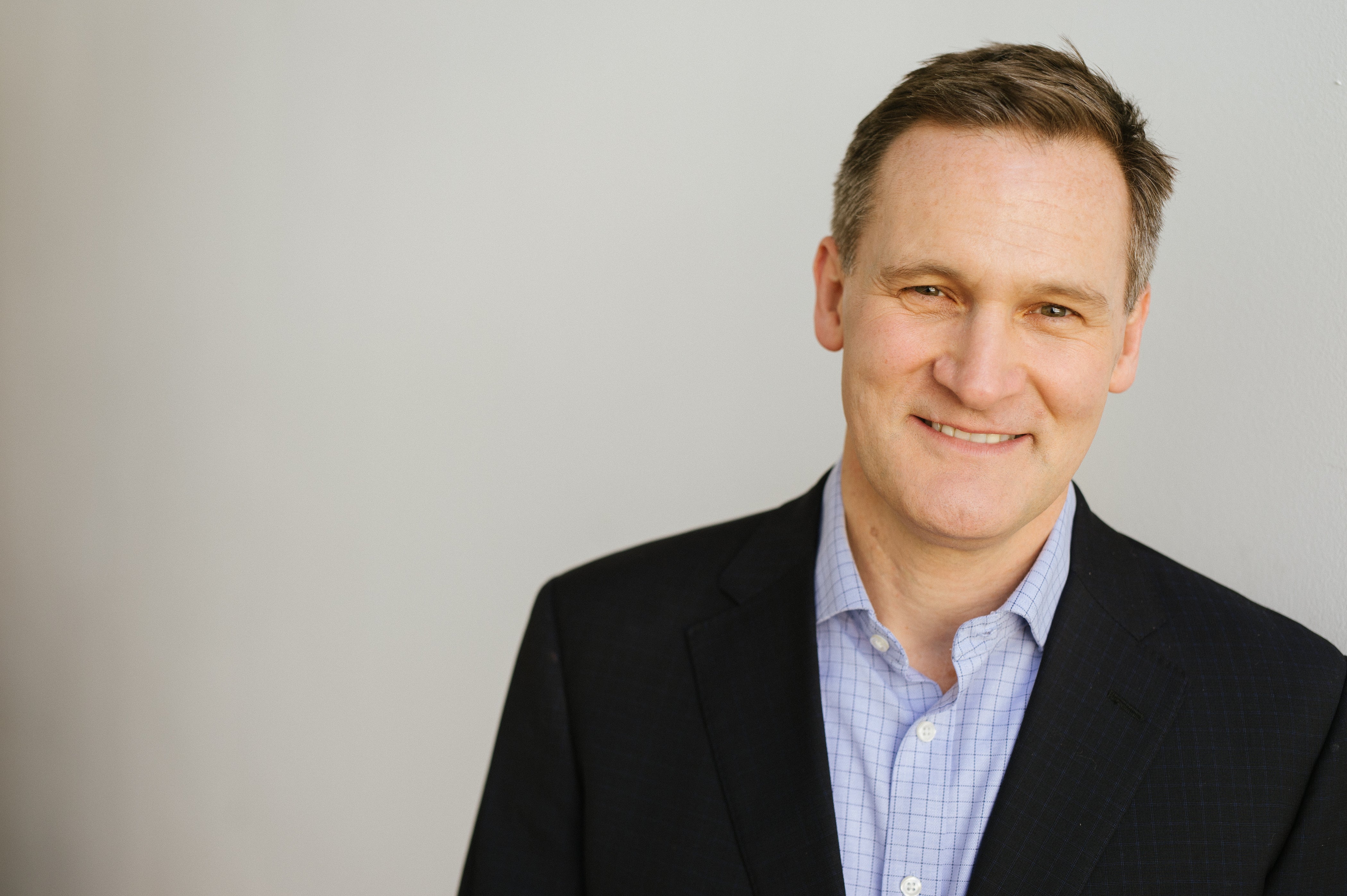
GC, mayor, author, and more
In addition to serving as a GC, Signer has been a lawyer at firms and founded and ran his own. And he’s heavily involved in politics, including serving as counsel to former VA governor, now US Senator Mark Warner.
He wrote about his Charlottesville experience in Cry Havoc: Charlottesville and American Democracy Under Siege.
And he writes frequently for major media, and has been interviewed about what he learned and what the country should learn from the strife.
Dealing with challenges – both professional and personal
Charlottesville encountered legal challenges when it tried to prevent the Unite the Right group from assembling in its downtown.
The anguish from that heinous time doesn’t fade. The personal attacks, including antisemitic messages, tore in him like a knife.
It helps that there’s been progress with some remedies, Signer notes, such as the lawsuit Georgetown University brought with Charlottesville against the defendants using an old Virginia law banning organized militias to prevent reoccurrence. “An innovative approach,” notes Signer. There have also been suits by individuals physically harmed. Nothing, of course, he notes, will bring back Heather Heyer. Her killer is serving a life sentence.
"The goal with trauma is to have some reconciliation with it."
- michael signer
Awards have poured in for Signer for his efforts in forging peace — then and since. He doesn’t mention those — he just keeps on talking about how to right the wrong through clear exceptions to the First Amendment when violence can be anticipated, and how to diffuse hate groups and strengthen democracy.
How is being a mayor like being a GC?
“There are several consistencies between being a GC and being a mayor, especially for a city in crisis,” Signer says. “One of them is that a true GC is a fiduciary. And I was providing overall general logistic counsel. In my role during the lead-up and after [the rally], and in a lot of things, like parking, zoning, and policing, that was how I tried to do the job at the best of times — providing analysis and guidance with the whole interest of the city at heart.”
"“There are several consistencies between being a GC and being a mayor, especially for a city in crisis."
- Michael signer
He continues: “Another similarity is just as when you are a GC, when you are mayor, you have a very specific role. In Charlottesville … the mayor handles policy and does not manage anything. How do you make policy when you have others who are chartered to implement it? That can be a challenge.”
He continues: “For example — when working on a privacy policy for an organization, HR [human resources] needs, or the best practices of leases — others are doing the work, but I set up the policy.”
Although Signer has been, like many GCs now, deeply and holistically involved in the organizations for which he’s been working, both literally and how he executed his role, “a GC is really often the chief risk officer — a lot of time called a ‘Dr. No.’ I never experienced that — I always tried to escape that assigned hat — I see myself as a partner in the business,” he says.
“When you’re in politics, particularly when you’re in a threat environment, you have to have that risk lens on, so I was aware at all times of the risks the city faced. But you run up against political limitations,” he notes. “There’s a lot of unpredictability in the political context — I go into that a lot in the book — than you have in the private sector, which makes it much more complicated.”
Companies can help stem hateful speech and actions
The United States’ First Amendment does not apply to private companies but there are strategies and tools anyone can use to curtail derogatory communication and behavior both inside and outside the workplace, and Signer champions several
Organizations can develop and institute policies which detail what is unacceptable when working and outside of work that could affect the reputation of the business, Signer considers. Basic diversity, equity, and inclusion (DEI) programs followed by deep-dive sessions can go a long way in reaching individuals who have been tainted by bias and prejudice much of their lives, and can improve and foster respectful relationships, he agrees.
“The best lens is trust and safety,” says Signer, “not censorship.”
Still, “Tech companies have designed platforms where hate content too often prospers ,” he says. “One thing that is changing is some of these companies are taking responsibility for their designs.”
Take Twitter for example, he notes. Former CEO Jack Dorsey has acknowledged a link between activity on Twitter and dangerous behavior, as Signer has said. Twitter, Facebook, and YouTube banned Donald Trump because of posts and video determined to be inciteful while others, many who agreed, were concerned about censorship.
“It’s not so much a censorship issue as arson. If you start
- michael signer
a fire, you better put it out.”
“It’s not so much a censorship issue as arson,” says Signer. “If you start a fire, you better put it out.”
Even companies not producing social media can be on top of venom and falsities sent through the internet, Signer notes. “They can block spam and content that’s unsafe,” he says.
“One of the reasons I got excited about Airbnb was that they took unilateral action by stopping these people from staying in Charlottesville that they knew were coming from what they saw on the platform they were doing and saying,” Signer says. “I thought that was laudatory and I did everything I could to show others what they were doing.”
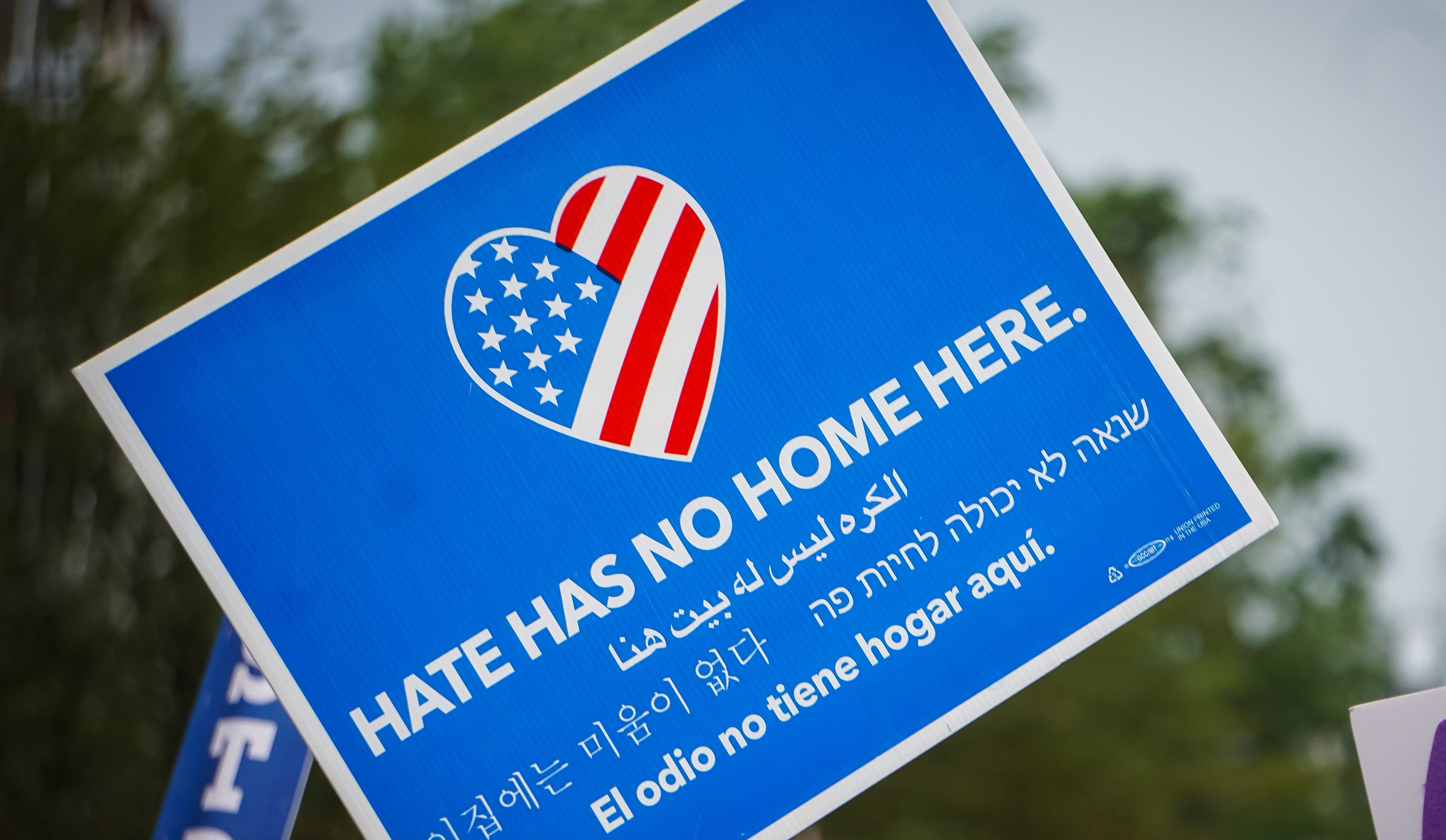
Strengthening limits to the First Amendment
A stalwart defender of the First Amendment, Signer found himself thrust into arguing for limits especially when Charlottesville wanted to move the rally outside of its downtown and the American Civil Liberties Union (ACLU) sued. The judge did not approve of using the “credible threat” standard to prohibit the event.
Now, however, the First Amendment is evolving and “I know that courts are looking at easing it,” Signer says. The ACLU has reviewed its guidelines for suits, and its executive director stated the organization would no longer defend legal requests from white supremacist groups for events at which the groups plan to tote guns.
And, another strategy is being heralded by VA Congressman Don Beyer who introduced a bill calling for a media literacy and misinformation/disinformation commission.
Managing sharp division
A pluralistic society is the most productive outcome of a democracy, Signer has said and written repeatedly. This applies, too, to business relationships even as they are guided by company philosophy and policy, he notes.
”Pluralism is the idea that allows you to avoid the cooptation of one group – you must have many different ideas. And they all agree to the rules of the road — Roberts Rules of Order and to follow the outcome,” he says.
“For me and, I think, for many general counsel, … your role serving as a lawyer … depends on deep norms in how the legal institution operates,” Signer notes.
“You believe in deep discussion on roots and analysis, and the resolution of disputes through law and civil processes. We don’t have duels anymore; we go to courts; lawyers resolve disputes,” he says.
“Because of extreme polarization, people aren’t listening to each other — they don’t even sometimes see each other as humans — and that’s what I fear is happening in the country more and more,” Signer says. “The idea of pluralism is that we value everyone — different faiths, totally different takes on politics, about history, about identitities — and we get along."
“The idea of pluralism is that we value everyone — different faiths, totally different takes on politics, about history,
- michael signer
about identities – and we get along."
And: “You have to be able to hear the other side.”
Charlottesville’s lessons for GCs on preparing for crises
A crisis plan can be instrumental in training staff to think quickly on their feet in an emergency.
“Many organizations work with their GCs to develop incident response plans. In a time of possible civil disturbance, natural disasters, if you’re hacked, and like school districts having to plan if there were a school shooting, you need to know what to do,” Signer says.
“They often work with security; a lot of times GCs have worked with police and government leaders. If you get word there is a possible political disturbance, it would be wise to talk to government leaders and police,” Signer notes.
"If you get word there is a possible political disturbance, it would be wise to talk to government leaders and police."
- michael signer
“We saw how disconnected the state, local, and federal systems were like 9-11 and January 6th,” he says.
“A lot of the takeaway was the value of table topping — when you sit down and walk through what might happen in an incident," Signer says.
"This is a common practice,” he advises.
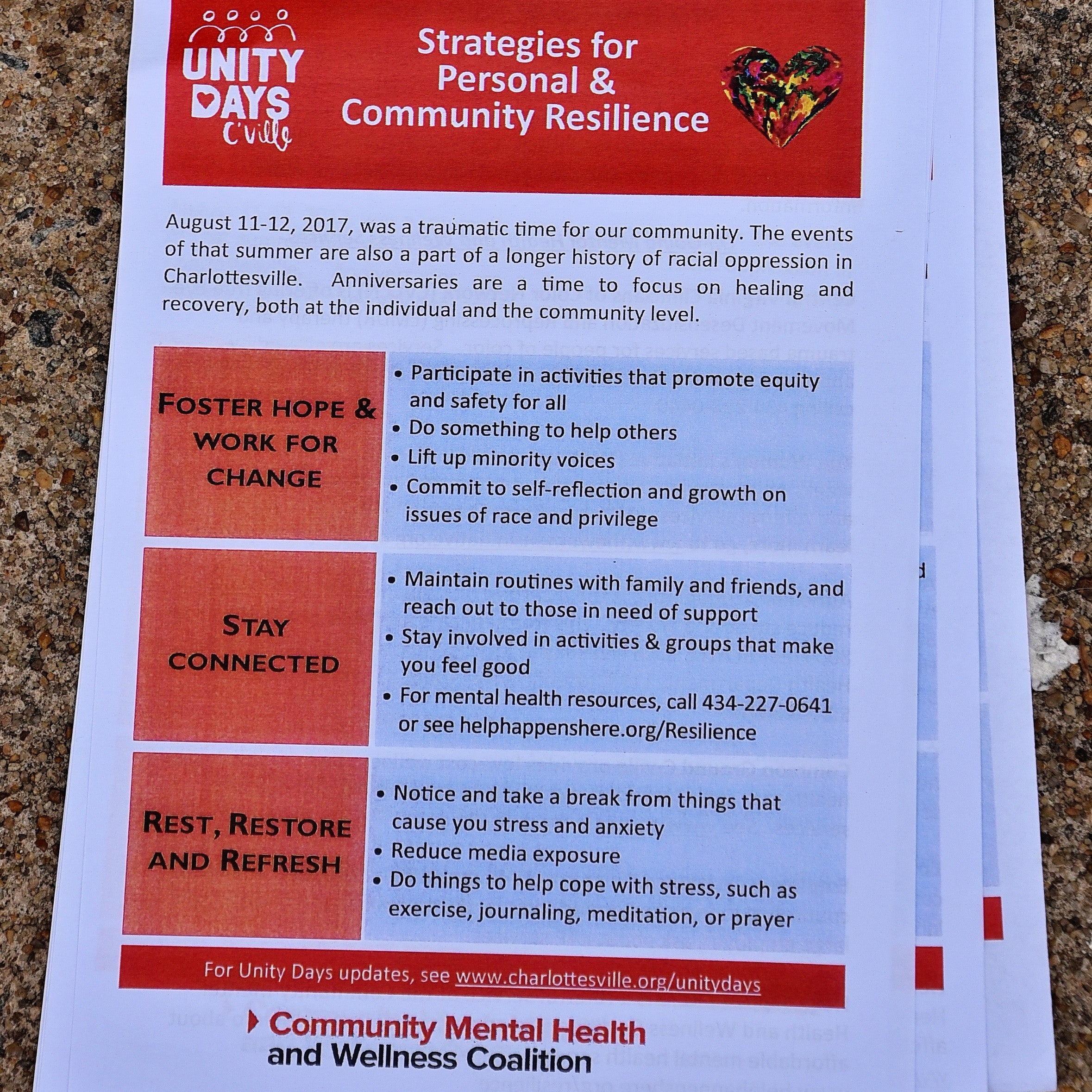
Personal growth, personal peace
The trauma was hell. He remembers his wife sobbing that day, as described in his book, Cry Havoc. He works through it.
“I am very open to where it will all lead. I try not to take it all too personally,” he says.
"Through every difficulty as a general counsel I’ve had that growth mindset and ultimately it prompts you to do better as you learn from that difficulty.”
- michael signer
“I recommend Mindset by Carol Dweck – it's the difference between a growth mindset and a fixed mindset. It was very helpful to me in describing a model I was already unconsciously following when I first read it three years ago,” he says
“Through every difficulty as a general counsel I’ve had that growth mindset and ultimately it prompts you to do better as you learn from that difficulty,” Signer notes.
And, “I certainly made a ton of mistakes in public life — the way to do better is to learn from them.”
As for the Charlottesville incident, “I was able to do so much better with extreme growth because I had learned through very different challenges at the beginning of my career. A few years later I had much better capacity and was much better at negotiating,” he says.
“It’s more about a big picture that encompasses your accomplishments than following an outline of particular jobs and titles,” he notes. “I’m not one for being too specific — that I must be at Point A and then I must be at Point B. That doesn’t work for me, and a lot of people — it’s not resilient. The goal is resilience and wisdom,” he says.
The value of experience
Now nearly 50 years old, Signer sees the percolating of the good and bad from his experiences feeding his next steps.
"... Lawyers get better and better the older they get."
- michael signer
“Take a look at From Strength to Strength: Finding Success, Happiness, and Deep Purpose in the Second Half of Life by Arthur C. Brooks. It gets into … the 50s and careers peaking … and it frustrated me because lawyers get better and better the older they get. They understand how to negotiate better, how to build trust. I would rely more on an older lawyer than a fast-talking prodigy,” he says.
“The US Senate is a good example — the reason there are six-year terms, you want them to have experience,” he notes.
“You should get better and better with experience if you are aiming at resilience and wisdom,” Signer says. “That’s how I’ve made a lot of decisions and how I teach my kids.”
Calm as he seems, Signer says his life as a child was tumultuous. “I grew up in a family where there was a lot of disorder, some mental illness, and a lot of chaos, I think it explains why ever since I was young, I look for order among chaos, one of the reasons I like law,” he says. “These groups thrive on chaos and disorder.”
“It was very ironic I found myself in such a chaotic situation – not just the riot or what was happening in City Hall. I came away with it with a very keen feeling that we must work, deep, to fight to prevent government and democracy from being sieged.”
Doing it all — with balance
From what he loves to do to what he doesn’t but must, Signer says he looks at his day as he did since he worked in a law firm and billed in six-minute increments. “I hated billing, but old habits hang hard,” he admits. And it helps in scheduling his day to fit his work and personal life.
“I think I’m pretty good at being militant about family time and the time I give and am present for my boys and for my wife.”
And he paints in acrylics, and posts his landscapes, a still life of flowers for his wife, and public servants performing the daily tasks that make a city run well.
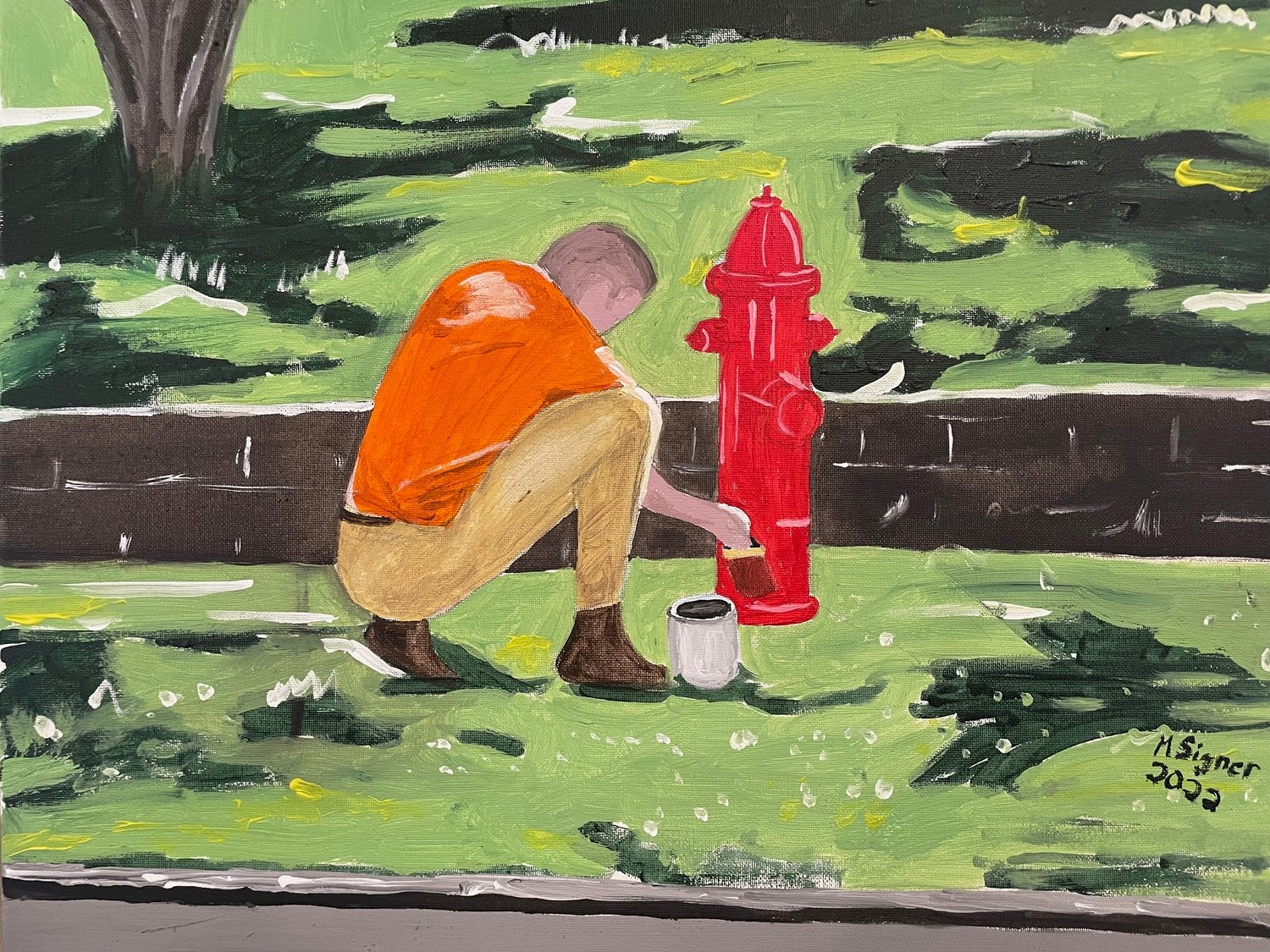
The painting time, he says, “is to flow” when his wife goes to sleep before him and the boys are down. “It’s a right brain-left brain thing.”
New outlets for goals
Israel is next for Signer, his wife, and the kids, where they will spend the rest of the year. He will teach part-time at Reichman University about demagogues in democracies, an expertise of his long before Charlottesville, about which he’s been published, while working remotely for Airbnb. His wife, Emily Blout, an expert in international security and the influence of the media, will also teach there, focusing on security issues, says Signer. Blout also teaches at the Georgetown University Center for Jewish Civilization and writes about antisemitism.
Judaism was an issue for Signer years back, he says, due to slurs he was hit with as a kid, but now he sees it as a bigger part of his identity, ironically after being slurred by white supremacists rallying in his city. He’d never want anything like Charlottesville to happen again, but, as he says, through it, he’s grown and evolved, and despite the agony, he’s still here.
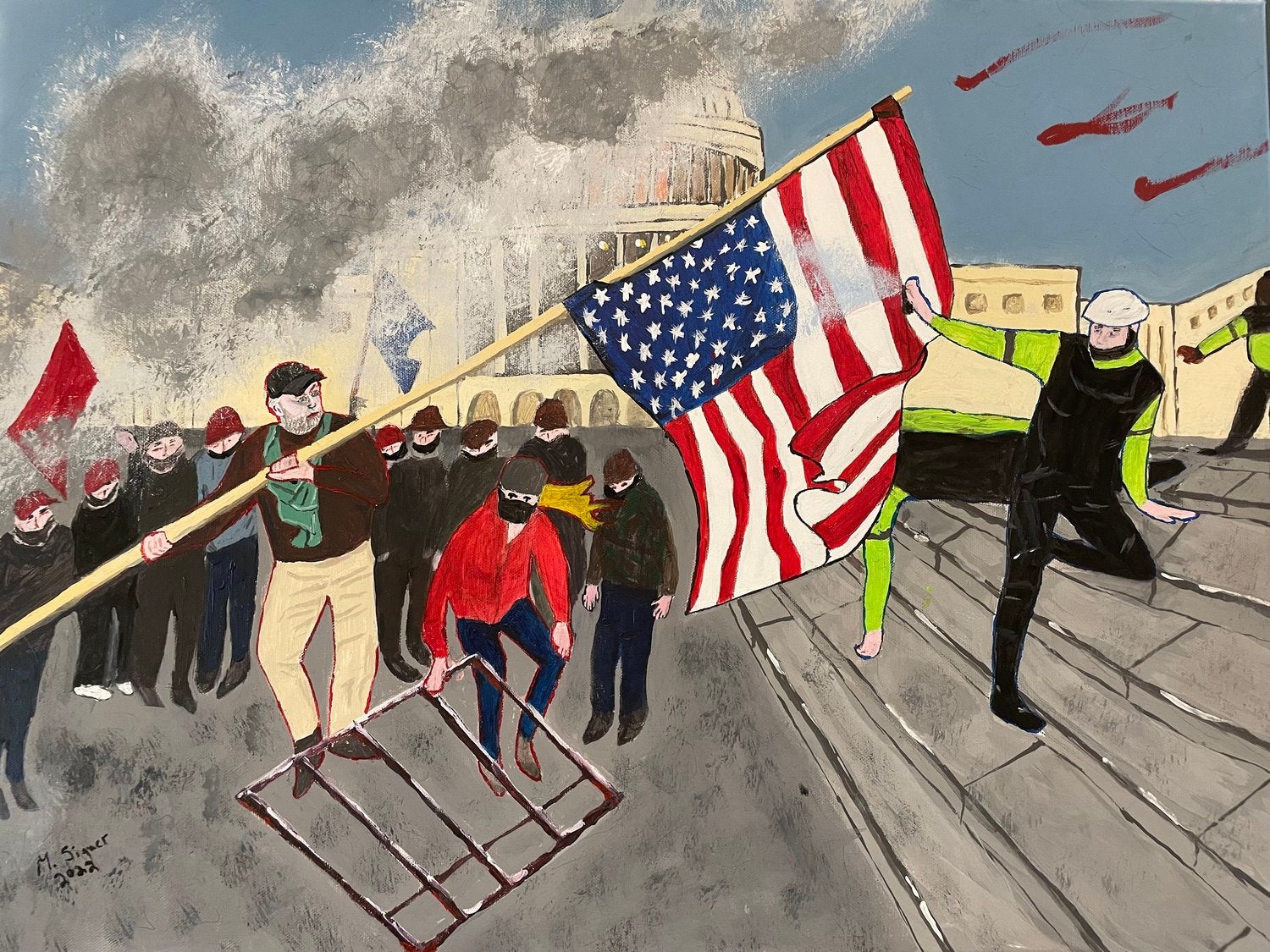
Published with permission.
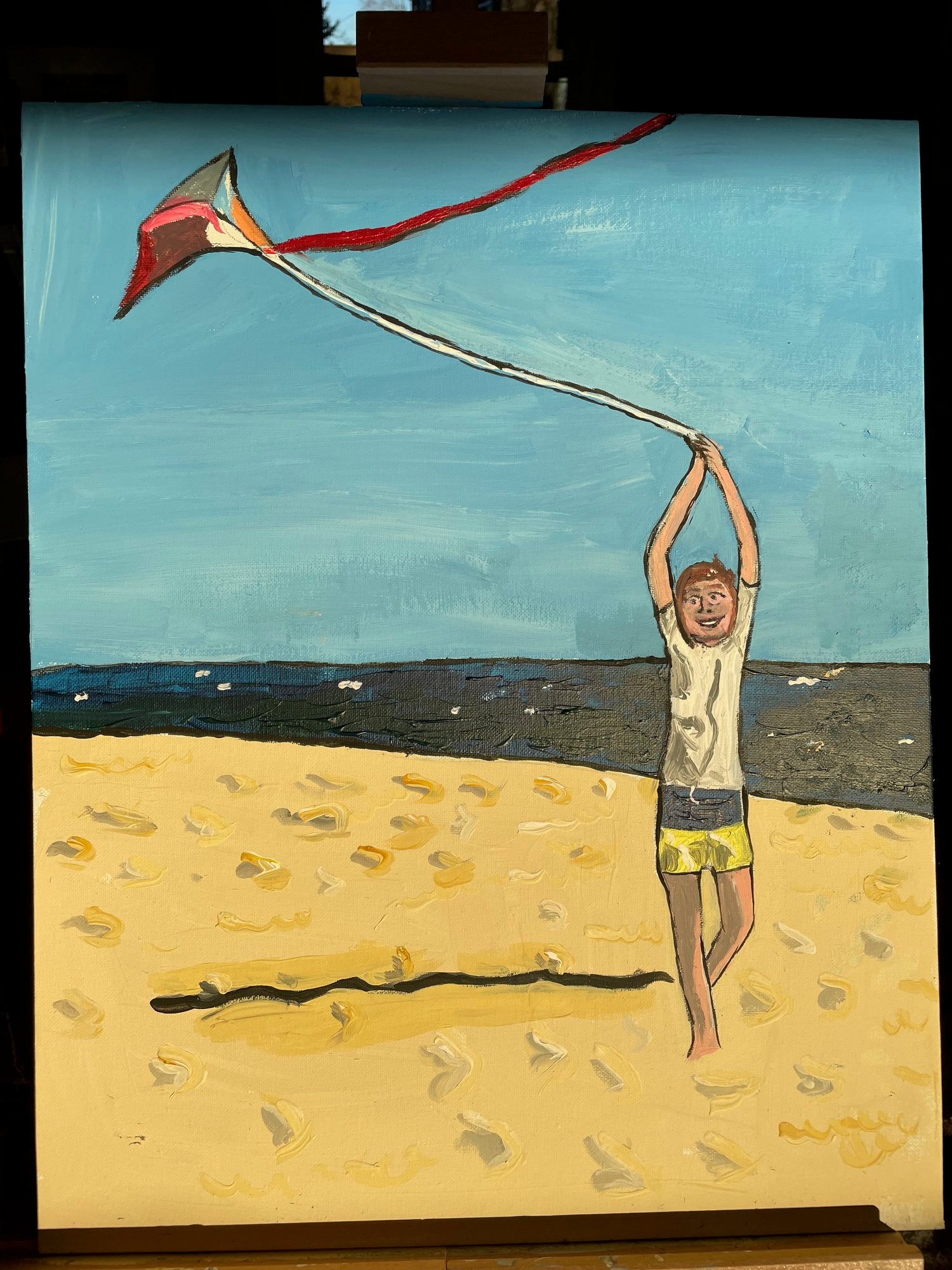
Published with permission.
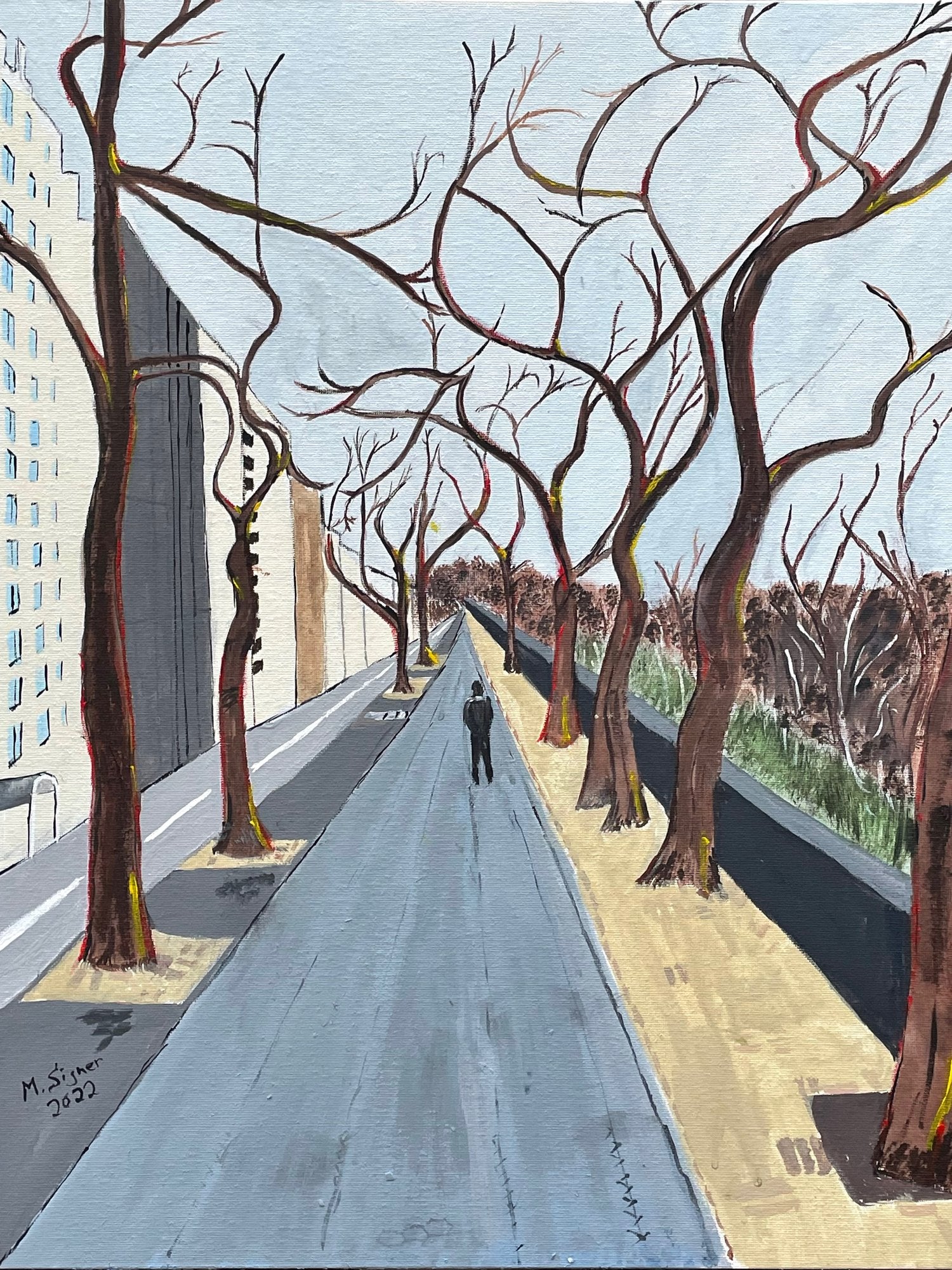
by Mike Signer. Published with permission.
See these other articles on the Charlottesville tragedy and exploration since:
- “Charlottesville and Beyond Panel Fits Into Larger Effort to Combat Hate,” about Georgetown University discussion, published on the website of the Georgetown University Law Center
- “Virginia governor to white nationalists: ‘Go home … shame on you’,“ by Jason Hanna, Kaylee Hartung, Devon M. Sayers and Steve Almasy, CNN
- “Unite the Right” Organizer Jason Kessler Settles Charlottesville Lawsuit; Pledges No Repeat of Organized, Armed Activity,” on Georgetown and Charlottesville suit, published on the website of the Georgetown University Law Center
- “Why the ACLU is adjusting its approach to ‘free speech’ after Charlottesville,” by Dara Lind, published by Vox
Disclaimer: The information in any resource in this website should not be construed as legal advice or as a legal opinion on specific facts, and should not be considered representing the views of its authors, its sponsors, and/or ACC. These resources are not intended as a definitive statement on the subject addressed. Rather, they are intended to serve as a tool providing practical guidance and references for the busy in-house practitioner and other readers.

